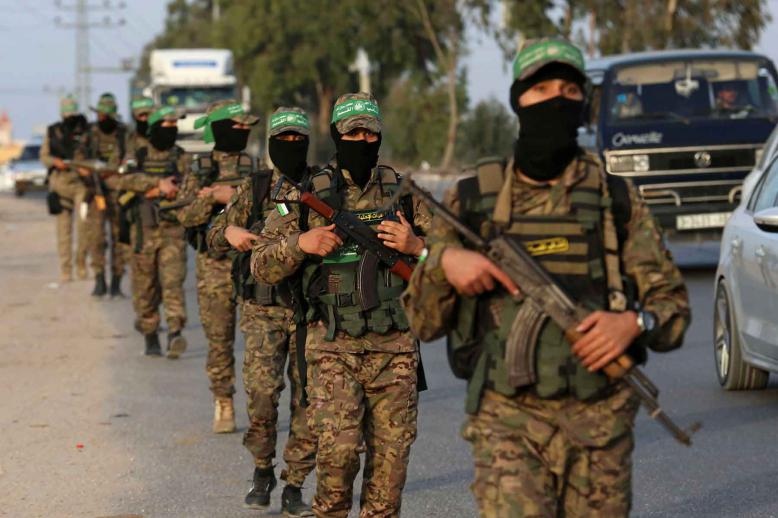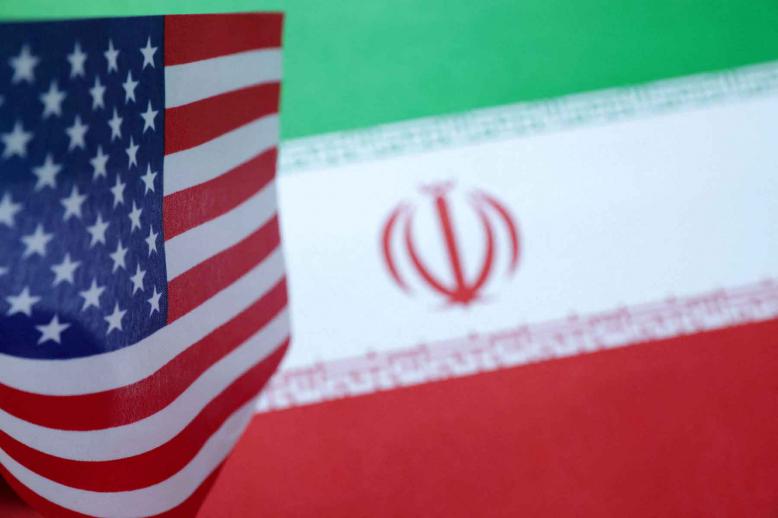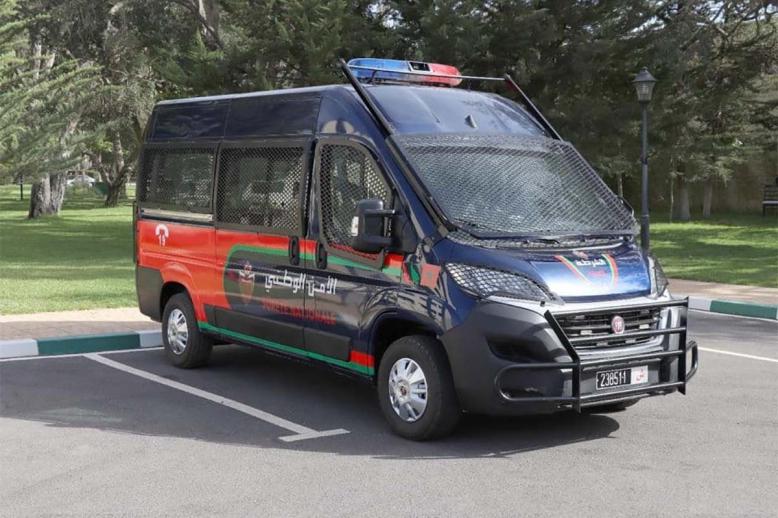Senior US diplomat in Libya to support interim government
CAIRO — A top American diplomat arrived Tuesday in Libya’s capital, marking the first visit by a senior US official since the UN-backed election of an interim government in February.
Acting Assistant Secretary of State for Near Eastern Affairs Joey Hood affirmed the US’s full support of Libya’s transitional authorities and urged an end to foreign military intervention in the North African country.
Libya’s government of national unity is expected to enforce a cease-fire agreement signed in October and lead the country into general elections in December 2021.
“Today’s meetings demonstrate the commitment of the US government and our strong diplomatic support for the progress the Libyan people have made towards an inclusive negotiated political solution,” Hood said at a joint news conference with Libya’s Foreign Minister Najla al-Manqoush.
Along with US Ambassador to Libya Richard Norland, Hood met with Libya’s Prime Minister Abdul Hamid Dbeibah and was expected to meet with Mohammad Younes Menfi, head of Libya’s Presidential Council.
Libya has had little peace since the 2011 NATO-backed uprising against Muammar Gaddafi, which splintered the country between armed groups who wielded power on the ground and eventually coalesced into two main factions in east and west that operated rival administrations from 2014 until this year.
An October cease-fire agreement that included a demand that all foreign fighters and mercenaries leave Libya within 90 days led to a deal on the transitional government and December elections.
In a report obtained by The Associated Press last week, UN Secretary-General Antonio Guterres complained there has been no reduction of foreign fighters or their activities in Libya and that a UN imposed arms embargo continues to be breached.
The UN estimated in December there were at least 20,000 foreign fighters and mercenaries in Libya, including Syrians, Russians, Sudanese and Chadians. But at an informal council meeting in late April, speakers said there were more than 20,000, including 13,000 Syrians and 11,000 Sudanese, according to diplomats.
The UN peace process, including the ceasefire and steps to resolve tangled economic grievances, has coincided with increased US attention, evident in the appointment of its ambassador Richard Norland as US special envoy to Libya.
“The goal of the US is a sovereign, stable, unified Libya with no foreign interference and a state that is capable of combatting terrorism,” said Hood.
Hood said the US hopes that Libyans reach an agreement soon on the constitutional mechanism of the upcoming elections.
He added that America is willing to re-open its embassy in Libya but that the process would take time and require “a lot of logistics.”
“We are not waiting for that; we will be visiting frequently and we will be inviting her excellency to Washington,” he said in reference to Manqoush.
The US suspended embassy operations in Libya in 2014 as fighting between Libyan factions neared its embassy in Tripoli. The US diplomatic mission to Libya is now located in safer Tunis, Tunisia.
In recent months, several European governments, including France and Greece, reopened their embassies in Tripoli after years of closure as an act of support of the newly-elected transitional authorities.






